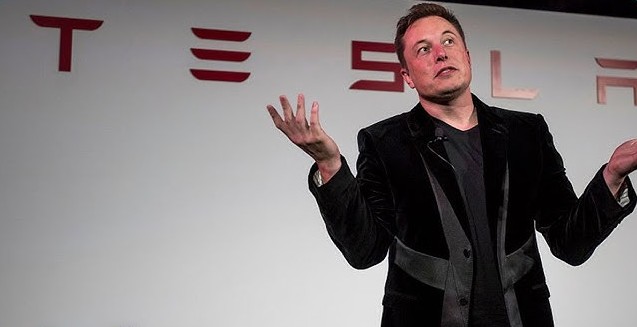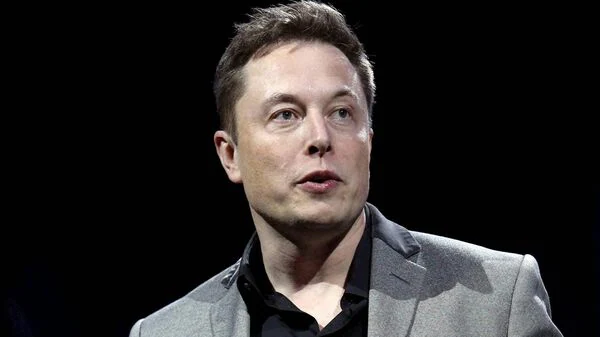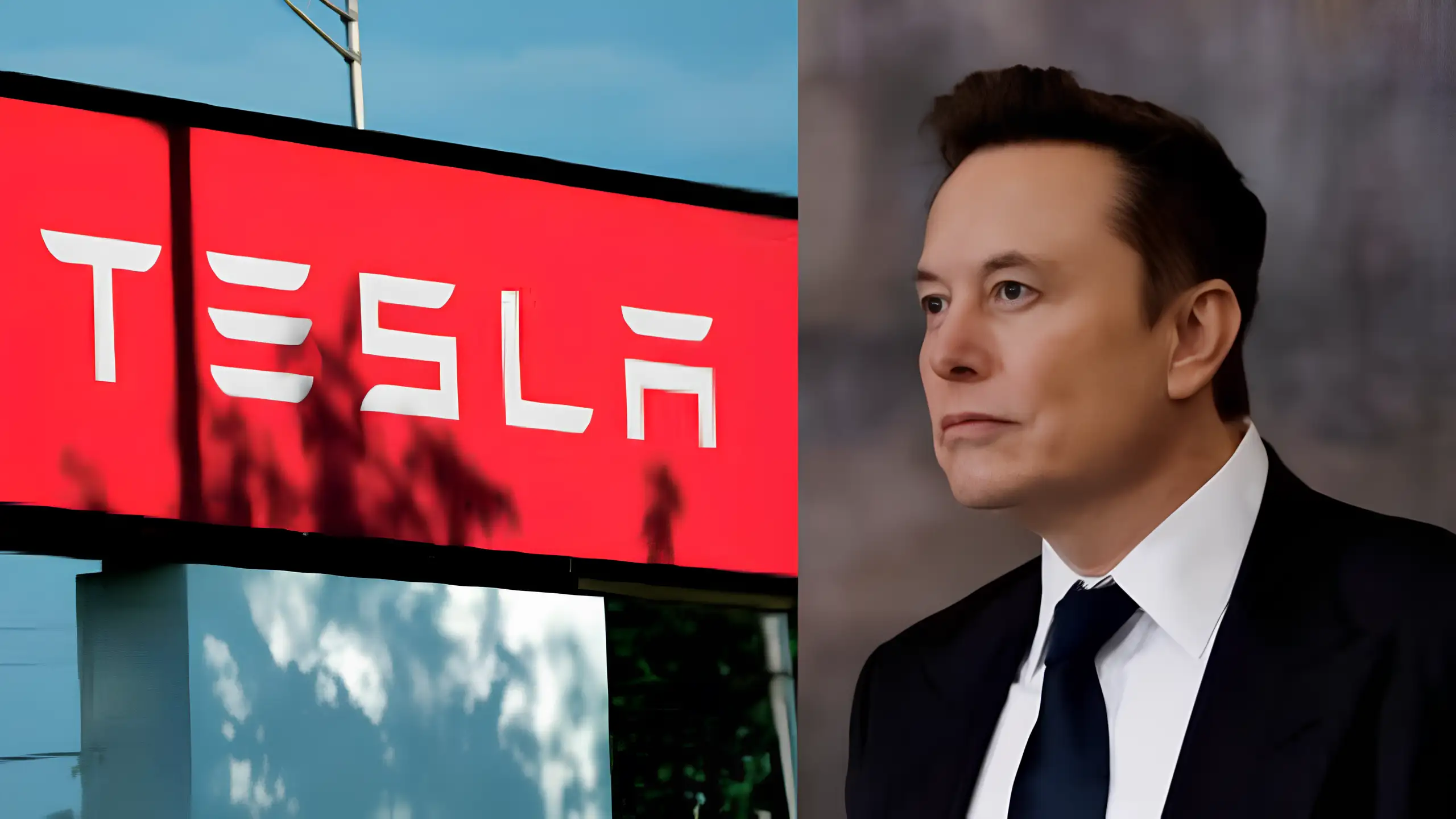Tesla’s latest earnings report disappointed Wall Street, raising concerns about the company’s growth.
The electric vehicle (EV) giant reported lower-than-expected revenue and a sharp decline in profit, leaving investors questioning its long-term strategy.
However, CEO Elon Musk remains focused on the future, emphasizing self-driving technology as the key to Tesla’s next phase of growth.
Tesla Misses Q4 Targets as Automotive Revenue Declines
Tesla failed to meet Wall Street’s expectations in Q4, as lower car prices and weakening demand took a toll on revenue.
- Earnings per share (EPS): 73 cents (adjusted) vs. 76 cents expected
- Total revenue: $25.71 billion, missing the $27.26 billion estimate
- Automotive revenue: $19.8 billion, down 8% from last year
- Operating income: Dropped 23% to $1.6 billion
- Net income: Plummeted 71% to $2.32 billion
Despite the disappointing figures, Musk urged investors to look beyond short-term struggles and focus on Tesla’s self-driving ambitions.

Tesla Slashes Prices—But at What Cost?
Tesla aggressively cut vehicle prices in 2023 to stay competitive, but those discounts came at a steep cost.
The company sacrificed profit margins to maintain sales, particularly in China, where local EV makers like BYD continue to gain ground.
Tesla slashed prices across its lineup, especially for the best-selling Model Y. While this strategy boosted deliveries, it also squeezed profit margins.
The company’s gross margin dropped from 10.8 percent last quarter to just 6.2 percent, raising concerns about long-term profitability.
This price war isn’t just a temporary strategy—it reflects the growing competition in the EV space.
With Ford, General Motors, and Chinese automakers all ramping up their EV production, Tesla can no longer rely on brand loyalty alone to maintain dominance.
Musk Bets Big on Self-Driving Tech
While vehicle sales drive Tesla’s revenue today, Musk insists that self-driving technology is the company’s future.
He believes autonomous driving will turn Tesla into a software powerhouse rather than just a car manufacturer.
Tesla plans to launch a fully autonomous Full Self-Driving (FSD) service in Austin, Texas, by mid-2024.
Musk claims that major automakers are negotiating to license Tesla’s self-driving software
Tesla is preparing to enter the ride-hailing business, aiming to challenge Uber and Lyft with driverless robotaxis.
However, Tesla faces stiff competition. Companies like Waymo and WeRide have already deployed autonomous taxis in select cities.
Tesla, despite its bold promises, has yet to deliver a truly hands-free driving experience.

Investors React to Tesla’s Stock Volatility
Tesla’s stock initially dropped after the earnings report, but Musk’s optimism about self-driving helped fuel a small rebound.
- Tesla shares climbed 4 percent in after-hours trading.
- Meta (Facebook’s parent company) gained 2 percent despite cautious guidance.
- Microsoft’s stock dropped over 4 percent due to weaker cloud revenue projections.
Despite the late recovery, many investors remain cautious. Tesla’s valuation has long been tied to its growth potential, and a slowdown in sales could shake confidence in the company’s ability to scale.
Final Thoughts
Tesla hasn’t provided a specific revenue forecast for 2024, but Musk insists that the company’s growth will resume.
The focus now shifts to reducing production costs, expanding self-driving capabilities, and navigating the EV price war.
With mounting competition and Musk’s increasingly divisive public persona, Tesla faces a critical year ahead.
Clark is a 26-year-old expert working for consumer protection, Clark has dedicated years to identifying and exposing fraudulent schemes. He is working with NGOs to help people who are victims of scams. In his free time, Todd plays football or goes to a bar.







